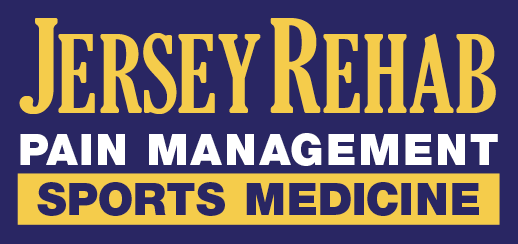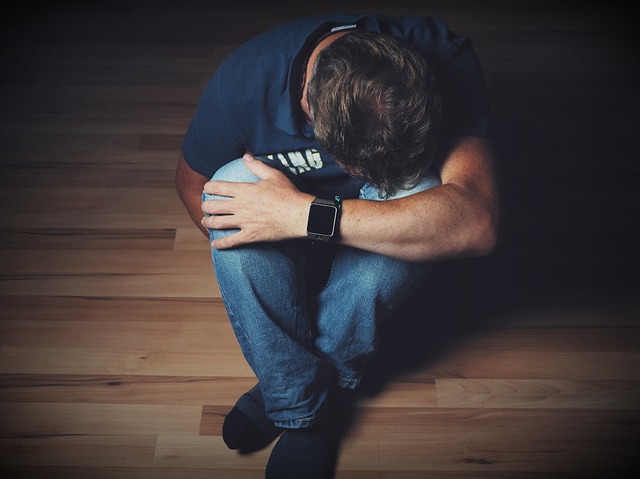What is Chronic Pain?
Pain is our body’s way of telling us something is not right. It is the body’s reaction to an ailment or injury. Pain often subsides when the body starts healing. However, for some people, the pain could continue for more than 3-6 months, the normal healing time of the body. This condition is known as Chronic Pain or persistent pain.
What are the most common types of chronic pain?
- Lower Backpain
- Headache/Migraine
- Neck Pain
How is chronic pain different from acute pain?
- Acute pain: Mild or severe temporary pain, caused by soft tissue damage. It usually lasts less than 3 to 6 months.
- Chronic pain: Pain that persists beyond the normal healing time of the body, i.e., more than 3 months. The quality and severity of the pain can vary from person to person.
What causes chronic pain syndrome?
Chronic pain is often the result of an injury or a painful condition, such as:
- Back injury
- Arthritis and other joint problems
- Repetitive stress injuries
- Fibromyalgia
- Muscle sprain & strains
- Nerve damage
- Broken bones
- Irritable bowel syndrome (IBS)
- Ulcers or acid reflux
- Inflammatory bowel disease (IBD)
- Surgery
What are the symptoms of chronic pain?
The most commonly observed symptoms of chronic pain are:
- Poor sleep
- Loss of focus
- Fatigue
- Irritability
- Anxiety
- Depression
- Drug or alcohol abuse
- Low libido
What are the consequences of chronic pain?
An individual experiencing chronic pain would:
- Need help with activities of daily living
- Lose overall productivity
- Take disability leave from work
- Change their job all together
- Move to a more easily manageable house
When should you consult a doctor for chronic pain?
A doctor should be consulted for chronic pain if the pain persists for more than 3 months. The pain could be so intense as to the ability to perform day to day activities.
What are the commonly asked questions during diagnosis of chronic pain?
The most commonly asked questions include:
- How long have you been experiencing pain?
- Where does your pain occur most often?
- How would you describe the feeling of pain – sharp, stinging, pinching, pounding, throbbing, shooting, or burning?
- How much will you rate your pain on a scale of 0 to 10, where 0 means no pain?
- What do you think makes your pain worse?
- Have you tried any pain relief treatment?
Whom to consult in case of chronic pain?
For treatment for chronic pain, it is best to visit:
- General health practitioner (GHP)
- Non-surgical pain management, like Jersey Rehab
- Specialist, if the medical condition requires surgery.
What treatments are available for chronic pain?
- Hot and cold therapy on the affected area
- Stretching exercises
- Massage
- Transcutaneous electrical nerve stimulation (TENS)
- PT (Physical Therapy)
- Occupational therapy
- Nerve blocks
- Spinal cord stimulation
- Regenerative treatments – Stem Cell Injection, PRP (Platelet Rich Plasma), Viscosupplementation
- Surgery to treat the cause of pain
What pain medicines are commonly given for chronic pain?
- NSAIDs (Non-Steroidal Anti-Inflammatory Drugs)
- Muscle relaxants
- Antidepressants
- Anti-seizure drugs
For additional help on managing your chronic pain, please feel free to reach out to Jersey Rehab and Pain Management today.

